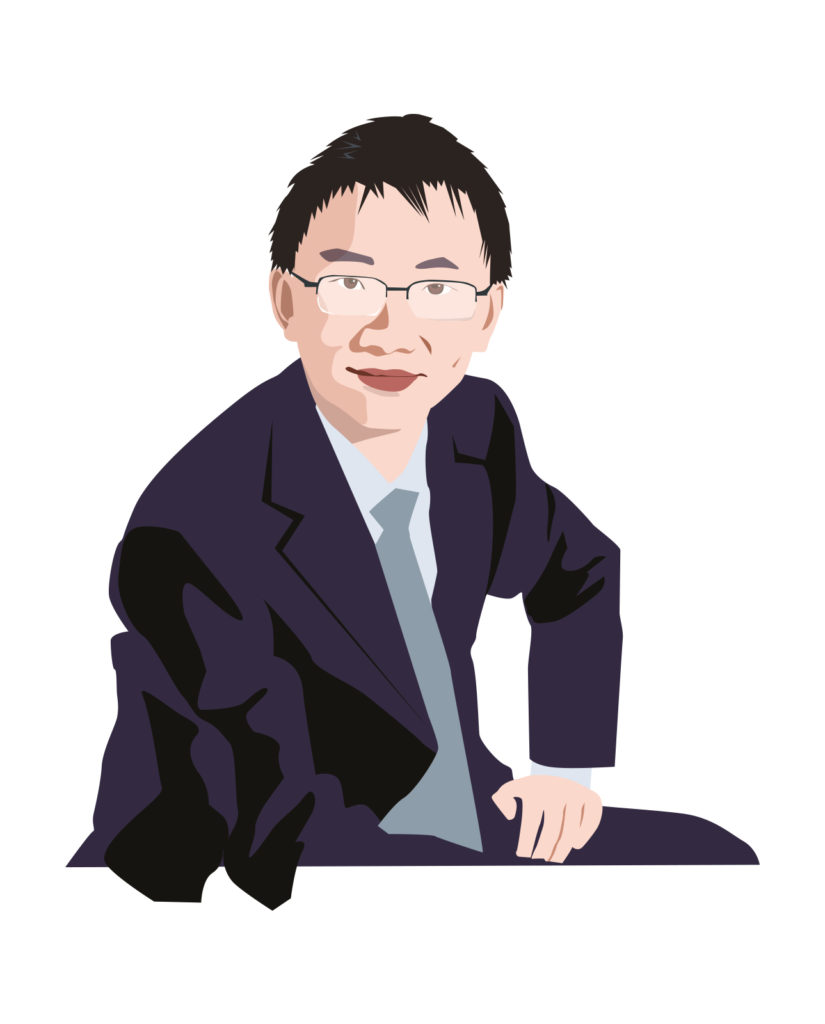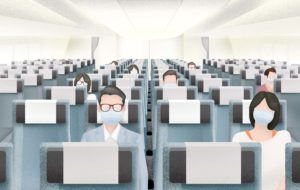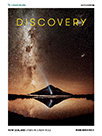Chengdu wants talent and will pay big bucks to get it. Nobel Prize winners can get up to RMB 50 million to establish a business, and research teams can be granted as much as RMB 100 million. The first to jump at this deal was Jack Szostak, who won the 2009 Nobel Prize in Physiology or Medicine. He now runs the Szostak-Sichuan University Large Nucleic Research Institute.
This drive is running alongside an initiative called the Tianfu Entrepreneurship Action Plan. The local government has declared that by 2025 Chengdu will be the city of choice in China for innovators. It is offering RMB 200,000 to about 100 individuals each year to fulfil their dreams. The ambition is for 200,000 scientific and technological entrepreneurs to call the city home by 2020, with the number of technology companies expected to reach 100,000, including 2,000 high-tech companies.
In addition to this government funding, the city’s 80-plus incubators offer entrepreneurs varied packages. One of the largest is Tianfu Software Park, which houses more than 600 enterprises. Startups get free office space for a year, access to a RMB 100 million angel fund, help in setting up and even subsidised coffee.
Innovation institutes are popping up all over the city – the Tsinghua Sichuan Energy Internet Research Institute, MZQ Innovation and Entrepreneurship Area, Singapore-Sichuan Hi-Tech Innovation Park and the Tianfu Financial Industry International Innovation Centre to name but a few. There are also joint initiatives with the likes of Microsoft and the South Korean government. And the big hitters keep coming: in January Alibaba announced it would open an entrepreneurial base in the city. It will be joining companies like Baidu, iPhone manufacturer Foxconn and Tencent.
And the plaudits are increasing with the number of innovators. The city was named one of top 10 cities in China for innovation by Forbes China last year and is home to two of the magazine’s ‘30 under 30’ entrepreneurs. Chengdu has long been known for its pandas and a laid-back lifestyle, but the city is now fierce in its ambitions, with a view of becoming China’s Silicon Valley.
THE PERSON
Zhou Tao

Engineering the future of big data
The potential uses of the data mined from every aspect of our lives is mind blowing, and Zhou Tao is a world authority on the matter.
At 27, he is one of the youngest professors in China and the director of the Big Data Research Centre in Chengdu. In 2010, having completed a PhD in Switzerland, he joined Baifendian as co-founder and chief scientist. The company developed the earliest recommender system for e-commerce websites in China. Today it is a platform for data management and develops artificial intelligence.
Zhou was also tasked with translating the book Big Data: A Revolution That Will Transform How We Live, Work, and Think by Viktor Mayer-Schönberger, which sold about two million copies in China.
‘Data is the most important material for almost all intelligent applications,’ Zhou says. ‘In addition, data analysis and open data provide the only way to build a fair society.’
Zhou argues that his home city is among the leading cities in big data and other high-tech innovations. He points to a government policy of actively finding and bringing in talent, alongside lower living costs, as key to the creation of the innovation hubs that dot the city. The importance of big data was recognised early on and the government set up a specialised branch called Chengdu Administration for Big Data.
Zhou says this facilitates data-driven applications in education, medical treatment, city administration, industry, academic research and so on. He adds that the government has ‘made considerable efforts to share their data with the public and some commercial and academic organisations’. This, he says, is a key step towards making the city smart.
THE PRODUCT
Camera360

How China shoots, filters and shares
It started as a camera app offering photo editing with a few easy taps that had users raving. The mobile app Camera360, developed in Chengdu, had the most downloads from the Google Play Store within a week after its launch in 2010. Global users have reached 700 million, and about half of them are outside of China.
Part of the app’s success was timing. When it was first released, smartphone cameras weren’t as high quality as today. The app’s filters were able to turn average photos into much more interesting and artistic images. Recently the company has focused on its use as a social platform.
‘What Camera360 aims to do is not just provide a way to take photos but to build a platform to record beautiful moments in life, share them with the world and connect people,’ says Xu Hao, co-founder and chief executive of Camera360. The company’s aim is to turn Camera360 into the largest photo-centric community platform in Asia in the next three years.
The three founders of Pinguo, the software company behind the app, were born and raised in Chengdu, so staying in the city was a natural choice. ‘The government built the Tianfu Software Park. There are also lots of coffee houses providing space for teams to get together. There is a great atmosphere and environment here for startups.’ camera360.com
What to watch
Revotek
This company has created the first bioprinter capable of 3D printing blood vessels. Biologically active tissues are formed into tubes and placed in a culture that results in working blood vessels – a breakthrough in organ rebuilding.
Testbird
This mobile tech company is behind TrackingBird, software that allows developers to analyse where their users come from. It has raised US$5 million to date and worked with more than 5,500 mobile-game developers and publishers.
Topplus
Founded in 2015, this startup develops image detection, deep learning and facial recognition solutions. Its flagship product is TopGlasses, which allows customers to virtually try on glasses and is used by the biggest Chinese online eyeglass stores.
Additional reporting by Olivia Lin














